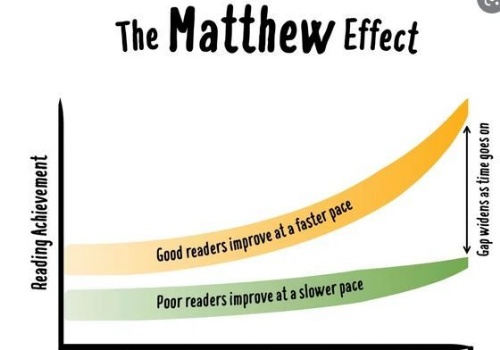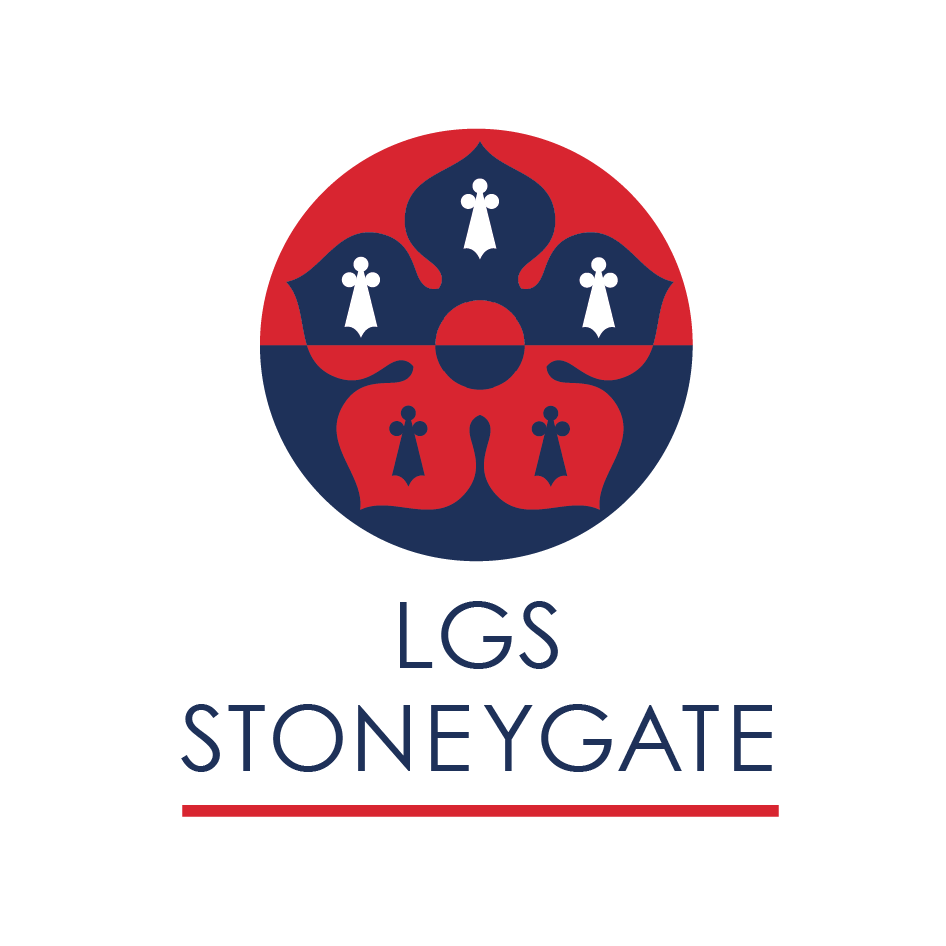The Matthew Effect

Our Years 11 and 13 pupils have recently completed their trial (mock) exams, having spent part of the Christmas holiday revising and consolidating their knowledge. Some of this knowledge will remain in their short-term or working memory, whilst repetition, practice and application will also have enabled them to commit other aspects to long-term memory.
Knowledge is good: the more we know, the easier it becomes to learn more, to make connections between different aspects of our learning, to develop our minds and to retrieve that knowledge when faced with novel situations. This is especially important at A level, where the application of knowledge and prior learning are especially tested, and where synoptic assessment gauges understanding of different strands and links within a subject. From an educational point of view, the ‘Matthew Effect’ means that, in reading, in gaining knowledge and in understanding (as in other areas of life), the rich get richer, and the poor get poorer.
So much of the information which comes our way is ‘chunked’ and readily available via Google. We are not therefore encouraged to learn, to make connections and to think deeply. We’re told that concentration-spans have shortened and our ability to focus on one thing for any length of time is diminished.
This need not be so if we educate our children to be curious, to persist with their learning, to have a wide and diverse range of interests, to acquire cultural capital and to wonder at the world around them. And it is a wonderful world, albeit tainted by some shameful and horrific evils. Next Thursday is Holocaust Memorial Day and it is very hard to credit, let alone understand how such immense suffering could have been inflicted on humans by their fellow humans. We can’t begin to do so without asking difficult questions and attempting to fathom challenging answers. Anita Lasker-Wallfisch, a Jewish cellist who was born in Germany and survived the Holocaust, is clear in this respect:
“Educating children about the Holocaust and Jewish history is so important, but don’t tell me I need to go on TikTok and do it in a 30-second video because that’s how long young people’s attention span is — that’s ridiculous. They should learn to sit down for an hour, and develop an attention span,” she told the Radio Times. “We witnesses won’t be around for ever: I’m 96, and none of the other survivors is much younger. So, soon, no one will be able to hear what the Holocaust was like from people who were there.”
Preparing pupils thoroughly for examinations is one thing. Yet we should resist ‘teaching to the test’, for the best learning and understanding often happen beyond the syllabus.
Best wishes,
![]()
John Watson
Headmaster




